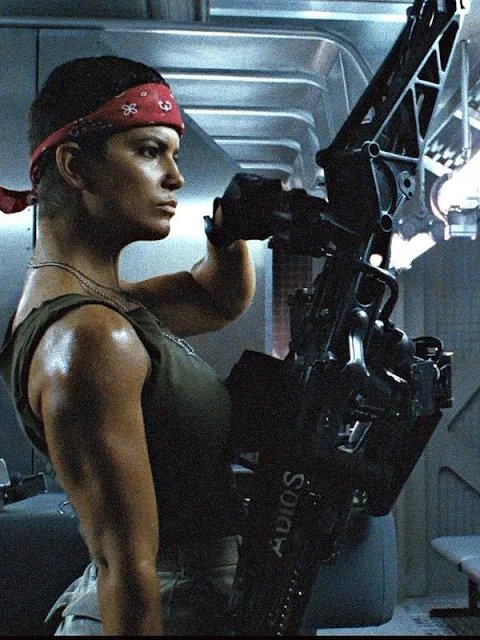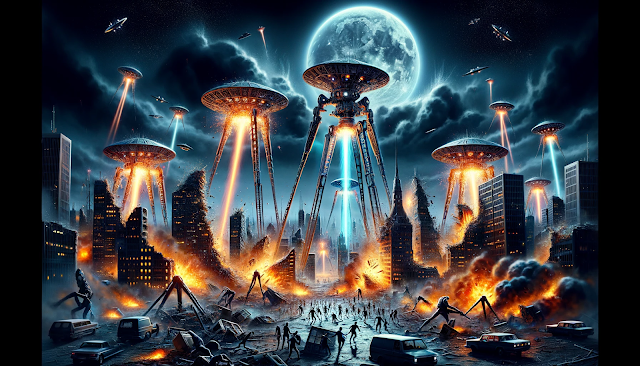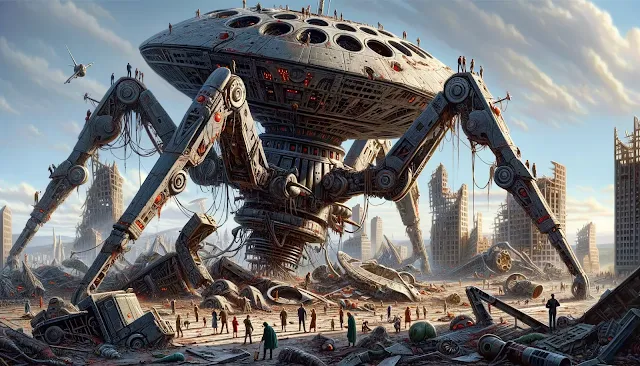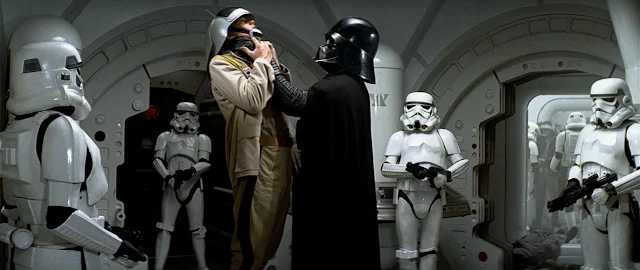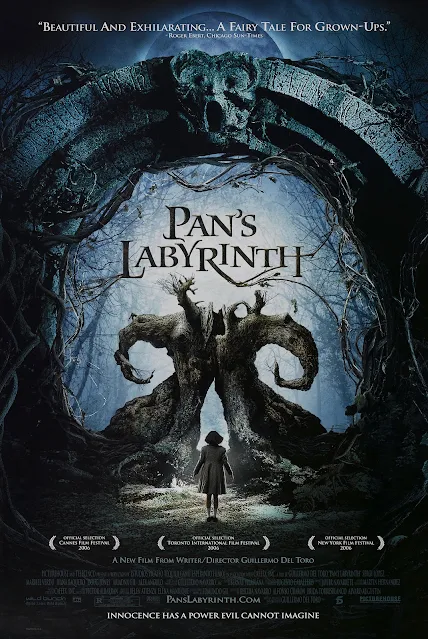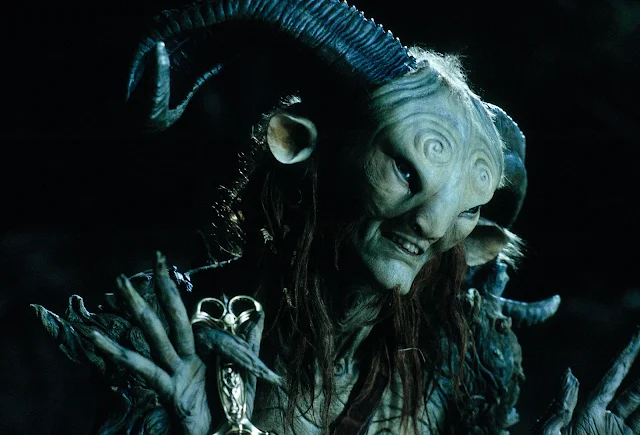Alex Garland, a notable figure in contemporary cinema, is renowned for his unique storytelling approach, particularly within the genres of science fiction and psychological horror. Garland's career, which encompasses roles as a novelist, screenwriter, director, and producer, is marked by a consistent engagement with complex, often existential themes. His notable works include the novel "The Beach," and films like "Ex Machina" and "Annihilation," which have established him as a creative force adept at blending intellectual depth with engaging narratives.
Garland's works are characterized by their
exploration of human psychology, technology, and the often blurry line between reality and imagination. This background sets the stage for understanding his 2022 film "Men," which is a continuation of his exploration of these themes, albeit through a different lens.
"Men," released in 2022, stands as a distinct entry in Garland's filmography. It is a film that blends elements of horror, drama, and surrealism, presenting a narrative that is as unsettling as it is thought-provoking. The plot revolves around Harper Marlowe, portrayed by
Jessie Buckley, who retreats to the English countryside following a personal tragedy. Seeking solace and healing, Harper's stay quickly turns nightmarish as she encounters a series of increasingly disturbing events and characters, all of whom are played by
Rory Kinnear in a tour-de-force performance.
Set against the backdrop of a seemingly idyllic rural village, the film's story unfolds in a manner that defies straightforward categorization, weaving together elements of folklore, psychological thriller, and allegory. The narrative is rich with symbolism and metaphor, inviting various interpretations and making "Men" a subject of much discussion and analysis.
This introduction provides a foundation for the subsequent analysis of the film's themes, symbols, and narrative techniques. By first establishing Garland's background and a basic understanding of the film's plot and characters, we lay the groundwork for a deeper exploration of the complex layers present in "Men."
Exploration of Central Themes
Gender Dynamics and Feminine Experience
"Men" delves deeply into the intricacies of gender dynamics, with a particular focus on the feminine experience. The film's narrative and symbolic elements combine to offer a commentary on masculinity and femininity, especially in the context of power imbalances and societal expectations. Harper's interactions with the various male characters, each embodying different facets of masculinity, serve as a canvas for exploring these themes. This section will analyze how Garland portrays these dynamics, the implications for Harper's character, and the broader societal commentary the film makes about gender relations.
Psychological Horror and Surrealism
Garland's use of psychological horror is a critical element in "Men." This section will examine how this genre contributes to the film’s thematic exploration. The film's horror elements are not just for shock value; they are intricately tied to its deeper messages.
The surreal imagery and sequences in "Men" are particularly noteworthy, often serving as metaphors for the protagonist's inner turmoil and the film's broader themes. This part of the discussion will delve into how Garland uses these elements to create a sense of disorientation and reflection in the audience, enhancing the thematic depth of the film.
Nature vs. Civilization
An interesting dichotomy presented in "Men" is that of nature versus civilization. The film juxtaposes the natural, often untamed elements of the countryside against the constructed norms and behaviors of society. This section will explore how this contrast is used to highlight themes of isolation, freedom, and the inherent wildness versus the controlled façade of human society. The discussion will analyze how this dichotomy contributes to the film's overarching narrative and the psychological journey of the protagonist.
Symbolism and Visual Metaphors
The Use of Setting
The setting in "Men" is not just a backdrop; it's an integral part of the film's narrative and thematic expression. Set in the rural English countryside, the location is imbued with a sense of isolation and natural beauty that contrasts sharply with the unfolding horror. This section will analyze how specific settings within the film, such as the lush greenery, the mysterious tunnel, and the ancient church, contribute to the overall themes.
Each location is a piece of the puzzle, offering symbolic meanings that enhance the narrative's depth. For example, the tunnel can be seen as a passage to the unknown or a representation of Harper's psychological journey.
Recurring Motifs
"Men" is rich in visual motifs that recur throughout the film, each adding layers of meaning to the narrative. Two significant motifs are the apple and the green man figure. The apple, with its biblical connotations of temptation and knowledge, plays a vital role in the film's exploration of themes related to sin, guilt, and the female experience. On the other hand, the green man, a figure rooted in pagan mythology, symbolizes rebirth and the cyclic nature of life and death. This section will delve into these motifs and others, exploring their thematic relevance and how they contribute to the film's symbolic tapestry.
Character Analysis and Performances
Harper Marlowe – A Study in Trauma and Resilience
Harper Marlowe, portrayed with remarkable depth by Jessie Buckley, is the central figure around whom the narrative of "Men" revolves. This section will delve into Harper's character, examining her background, the personal tragedy that precedes the film's events, and her journey throughout the story. Harper's character is a complex portrayal of trauma, resilience, and the search for healing. The analysis will explore how her interactions with the various male characters symbolize different aspects of her past and her struggle to reconcile with them.
The nuances in her performance, from expressions of vulnerability to moments of strength, provide a window into Harper's psychological landscape, making the character a compelling study in human psychology.
The Male Characters – Personifications of Archetypes
Rory Kinnear's performance in "Men" is noteworthy for its versatility, as he portrays multiple male characters, each representing different archetypes of masculinity. This section will discuss how these characters — ranging from a young boy to a vicar to a menacing figure — collectively contribute to the film's exploration of masculinity. Each character embodies a different aspect of male behavior and societal roles, and their interactions with Harper are pivotal in unfolding the film's themes.
The analysis will also delve into the significance of having a single actor portray these varied roles. This unusual casting choice serves not just as a testament to Kinnear's range as an actor but also enriches the film's thematic exploration. It adds a layer of surrealism and aids in conveying a sense of omnipresent male gaze and judgment that Harper confronts.
Narrative Structure and Storytelling Techniques
Non-Linear Storytelling
Alex Garland's "Men" showcases a masterclass in non-linear narrative structuring, profoundly shaping the audience's experience and interpretation. In this film, Garland skillfully utilizes flashbacks, dream sequences, and surreal imagery to deepen the thematic resonance and narrative intricacy. The non-linear progression is a strategic exploration of Harper's past and psychological landscape, echoing the complexities of memory retrieval and trauma. This storytelling technique layers the narrative and engages viewers in an active interpretative process, enhancing their connection to the story.
Pacing and Atmosphere
Garland's expertise in pacing and atmospheric design is a standout feature in "Men," crucial in escalating the film's tension and thematic depth. The pacing oscillates between reflective slow burns and abrupt intense sequences, creating an atmosphere of disquiet and anticipation. The film's atmosphere, stemming from its visual style, sound design, and score, is central to immersing the audience in Harper's journey. The juxtaposition of a tranquil countryside setting against the gradually intensifying horror elements significantly enhances the film's psychological impact, creating a captivating and unsettling experience for the viewer.
Critical Reception and Interpretations
"Men" has elicited varied reactions, with critics praising its ambitious storytelling and unique visual style. However, some have critiqued it for its opaque narrative and heavy reliance on symbolism. The film's handling of themes such as trauma, memory, and gender dynamics has been a focal point of discussion, with many lauding its nuanced approach, while others argue it borders on the abstract, potentially alienating certain audiences.
The film's rich symbolism and complex narrative structure have opened doors to diverse interpretations. Some viewers interpret the film as a profound exploration of grief and trauma, while others see it as a commentary on the nature of masculinity and societal expectations.
The ambiguity in Garland's storytelling has led to debates about the balance between the viewer's interpretation and the author's intent. The concept of the "death of the author" becomes particularly pertinent, suggesting that the viewer's personal experiences and perspectives are as crucial as Garland's original vision in defining the meaning of "Men."
Conclusion and Legacy of "Men"
In concluding the discussion of Alex Garland's "Men," it is essential to contextualize the film within Garland's broader body of work. We can reflect on how "Men" fits into and contributes to Garland's oeuvre, particularly in comparison to his other notable works like "
Ex Machina" and "
Annihilation."
The film's intricate narrative structure, complemented by its adept use of pacing and atmosphere, creates an immersive and thought-provoking experience. Garland’s ability to blend dream-like sequences with a grounded portrayal of trauma and memory showcases his mastery in filmmaking.
Critically, "Men" has sparked a vibrant conversation among audiences and critics alike. Its reception highlights the diverse ways in which a film can be perceived and understood, with its open-ended narrative inviting a spectrum of interpretations. Garland’s film does not just tell a story; it invites viewers into a dialogue, prompting them to reflect on themes ranging from personal trauma to broader societal issues.
The debate over the balance between the author's intent and the viewer's interpretation, especially in the context of Garland's ambiguous storytelling, adds a layer of complexity to the film. It serves as a reminder of the dynamic relationship between a creator and the audience, where meaning and understanding are co-constructed.
Ultimately, "Men" is not just a film to be watched, but an experience to be dissected and pondered upon. It challenges conventional narrative structures, urging viewers to engage with the film on multiple levels. Garland’s work here is a shining example of how cinema can be both an art form and a medium for profound philosophical and psychological exploration.




